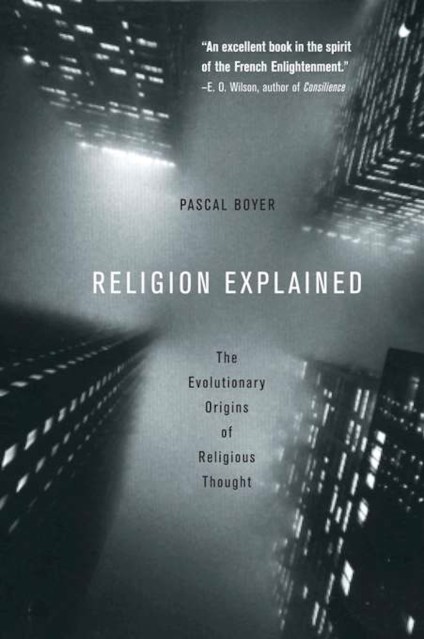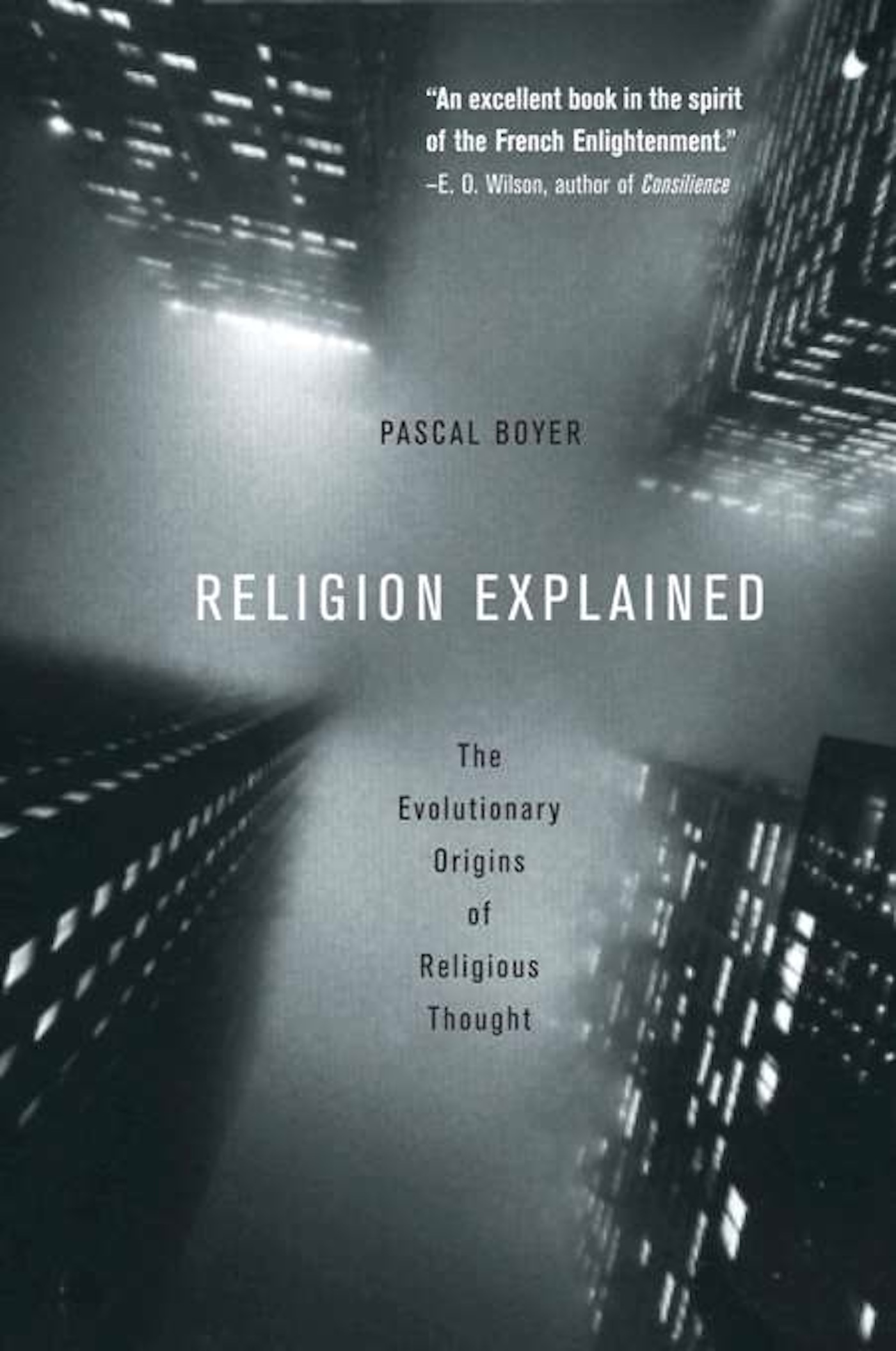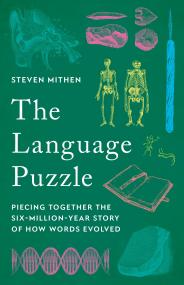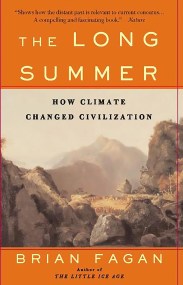By clicking “Accept,” you agree to the use of cookies and similar technologies on your device as set forth in our Cookie Policy and our Privacy Policy. Please note that certain cookies are essential for this website to function properly and do not require user consent to be deployed.
Religion Explained
The Evolutionary Origins of Religious Thought
Contributors
By Pascal Boyer
Formats and Prices
- On Sale
- Mar 21, 2007
- Page Count
- 384 pages
- Publisher
- Basic Books
- ISBN-13
- 9780465004614
Price
$13.99Price
$17.99 CADFormat
Format:
- ebook $13.99 $17.99 CAD
- Trade Paperback $19.99 $25.99 CAD
This item is a preorder. Your payment method will be charged immediately, and the product is expected to ship on or around March 21, 2007. This date is subject to change due to shipping delays beyond our control.






